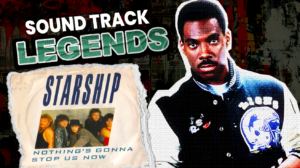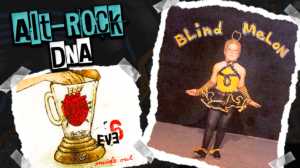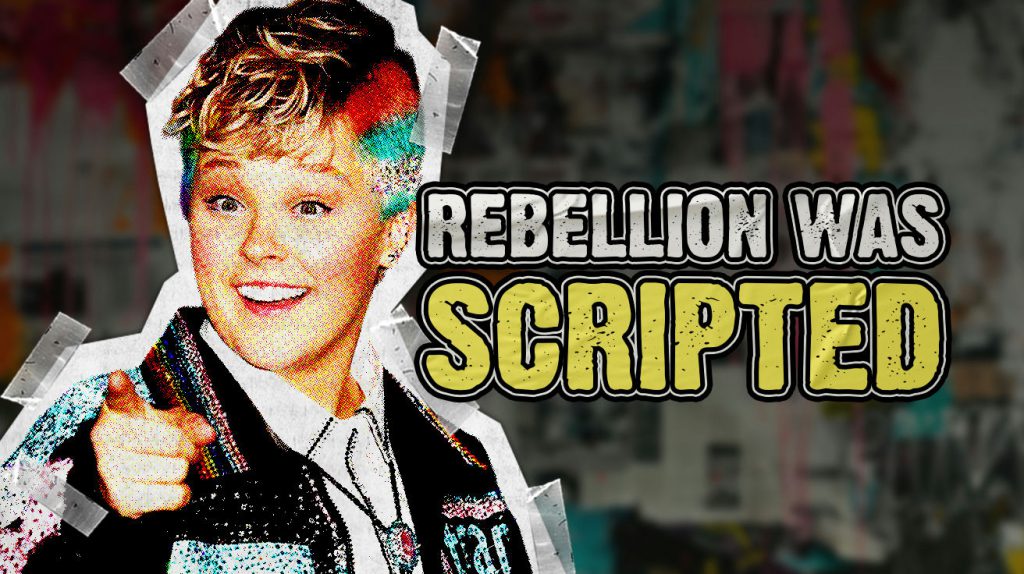
The music industry has a long history of handpicking stars, throwing millions behind marketing campaigns, and expecting instant chart domination. Sometimes it works—other times, you get expensive flops that make executives wonder if they should’ve stuck to selling insurance.
9. JoJo Siwa
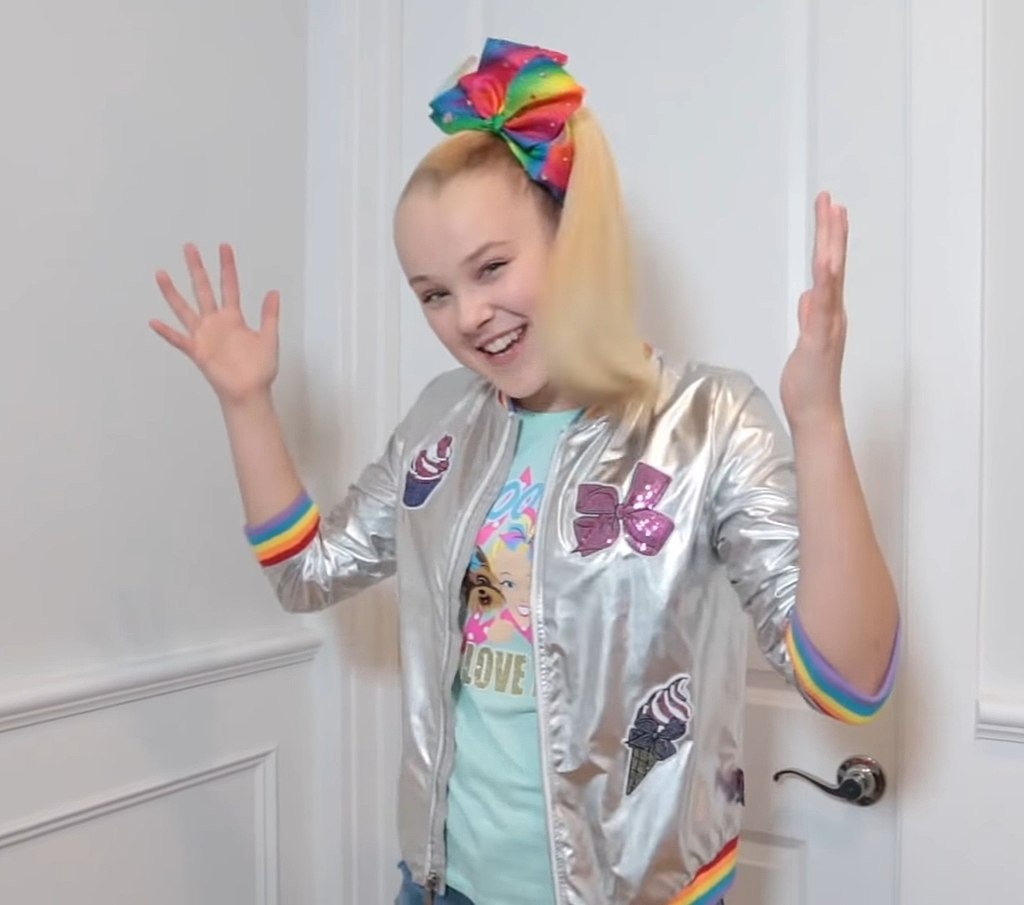
From Dance Moms darling to Nickelodeon’s golden child who couldn’t quite crack the adult market.
Nickelodeon bet big on JoJo Siwa, transforming her from a “Dance Moms” contestant into a bow-wearing empire worth millions. Her song “Boomerang” racked up over a billion YouTube views, proving kid-friendly pop could still move numbers. The formula worked perfectly—until she tried growing up.
Her 2024 single “Karma” marked her attempt at adult reinvention, complete with a more mature image and sound. Despite pulling 60 million streams, critics savaged the track and her EP “Guilty Pleasure” faced harsh reviews. The transition from child star to adult artist proved harder than switching out hair bows for leather jackets.
8. Rebecca Black

The “Friday” phenomenon who became more meme than musician despite major label interest.
Rebecca Black’s “Friday” became a viral sensation in 2011, generating massive online buzz that had record labels circling like sharks around fresh blood. The song’s unintentional comedy gold status seemed like the perfect launching pad for a pop career—if you ignored the fact that most people were laughing at, not with, the music.
Major labels saw the numbers and assumed they could harness that viral energy into sustained success. Instead, Black struggled to escape the shadow of her internet fame, with subsequent releases failing to capture the same cultural lightning in a bottle.
7. Vanilla Ice
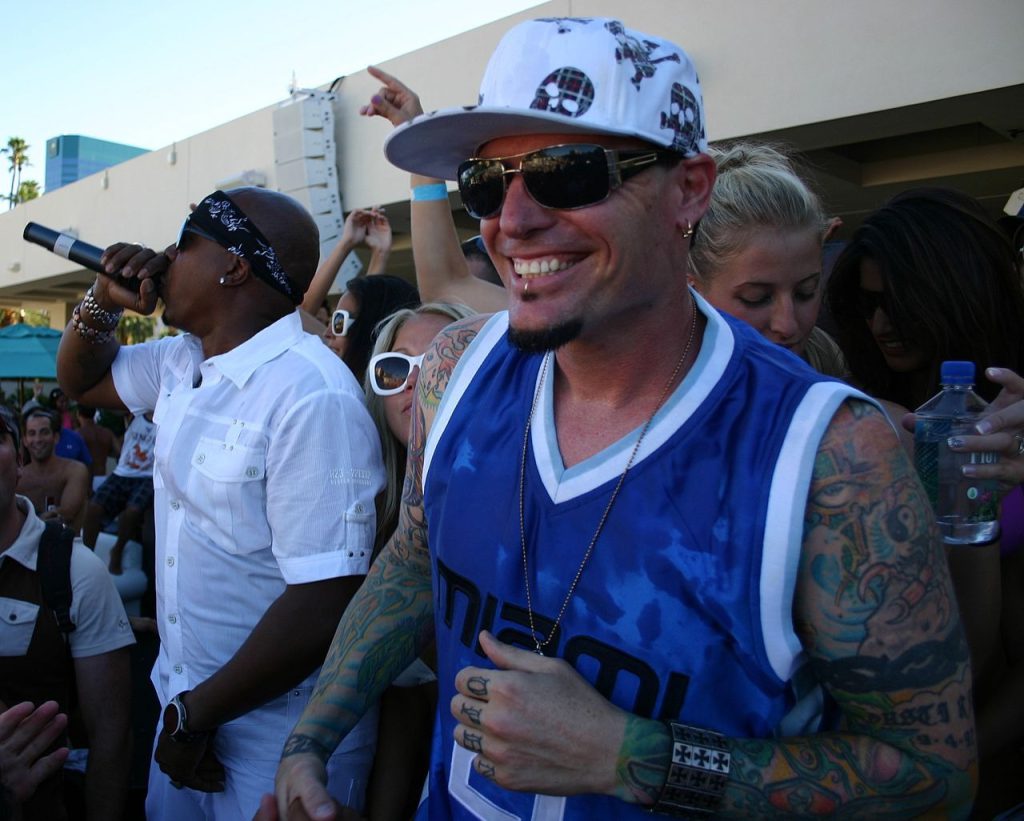
The rapper who sold millions but couldn’t convince anyone he belonged in hip-hop.
SBK Records pushed Vanilla Ice as hip-hop’s next crossover star, and “Ice Ice Baby” became the first rap single to top the Billboard Hot 100. The industry machinery worked overtime promoting him as authentic street culture, complete with fabricated backstories about his tough upbringing. Sales figures suggested total victory—until the culture itself rejected the manufactured narrative.
His rapid fall from grace became legendary, with critics and fans alike dismissing him as a pop culture punchline. The industry learned that you can’t simply manufacture credibility, especially in a genre built on authenticity and street cred.
6. Iggy Azalea
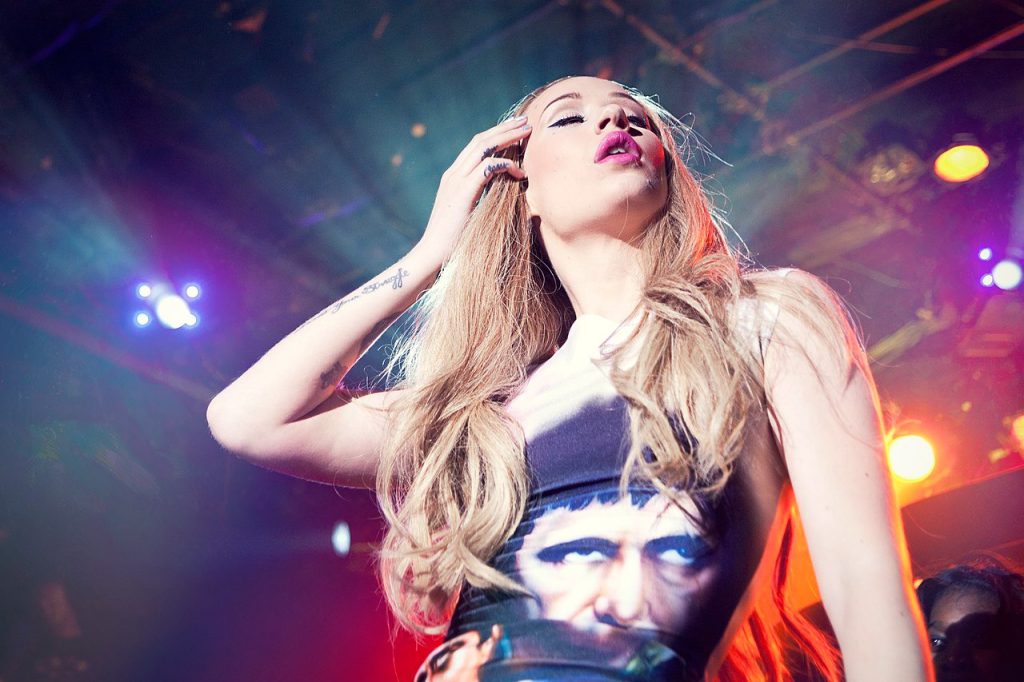
The Australian rapper whose label backing couldn’t overcome cultural authenticity issues.
Grand Hustle Records and Def Jam threw serious promotional weight behind Iggy Azalea, positioning her as rap’s next female superstar. Her single “Fancy” dominated charts and radio play, suggesting the strategy was working perfectly. The labels crafted an image that borrowed heavily from Southern hip-hop culture, complete with accent changes and stylistic choices that raised eyebrows.
Despite initial commercial success, sustained backlash over cultural appropriation and authenticity questions derailed her trajectory. The industry’s attempts to manufacture a rap star collided with hip-hop’s core values about realness and cultural ownership.
5. Machine Gun Kelly

The rapper-turned-rocker whose industry pivot couldn’t escape his own controversy.
Bad Boy Records invested heavily in Machine Gun Kelly’s rap career, promoting him as the next white rapper to break through mainstream barriers. His beef with Eminem and various industry connections suggested a promising trajectory in hip-hop. When rap success proved elusive, labels pivoted him toward pop-punk, banking on the genre’s nostalgic revival.
His transition to rock generated album sales but couldn’t shake critics who viewed the move as calculated rather than organic. The industry’s attempt to rebrand an artist across genres highlighted how manufactured career pivots often feel hollow compared to natural artistic evolution.
4. Ashlee Simpson

Pop’s little sister whose lip-sync scandal exposed the industry’s smoke and mirrors.
Geffen Records positioned Ashlee Simpson as the edgier alternative to her sister Jessica, complete with a punk-rock makeover and rebellious image. Her debut album showed promise, and the label invested heavily in establishing her as pop-rock’s next big thing. The carefully constructed persona worked until that infamous “Saturday Night Live” lip-sync malfunction.
That single moment shattered the illusion and exposed how heavily the industry relied on studio magic versus raw talent. Her career never recovered from the authenticity questions, proving that manufactured rebellion only works until the facade cracks on live television.
3. Aaron Carter
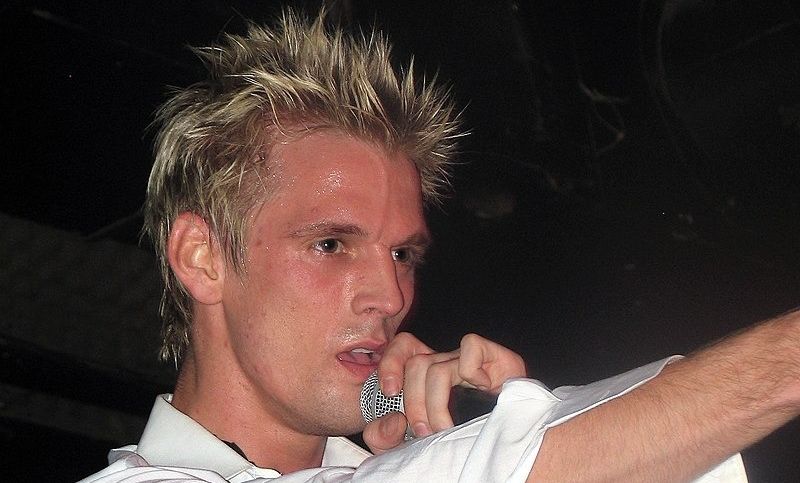
The teen pop sensation whose industry backing couldn’t survive the transition to adulthood.
Jive Records saw Aaron Carter as the perfect complement to their Backstreet Boys and *NSYNC empire, marketing him as teen pop’s younger brother. His early albums sold millions, and the label machinery promoted him relentlessly through Disney Channel and teen magazines. The strategy worked brilliantly—for about five years.
As Carter aged out of the teen demographic, the industry struggled to reposition him for adult audiences. His later attempts at hip-hop and mature themes felt forced, highlighting how difficult it becomes when labels build careers around age-specific demographics rather than sustainable artistry.
2. Kris Kross
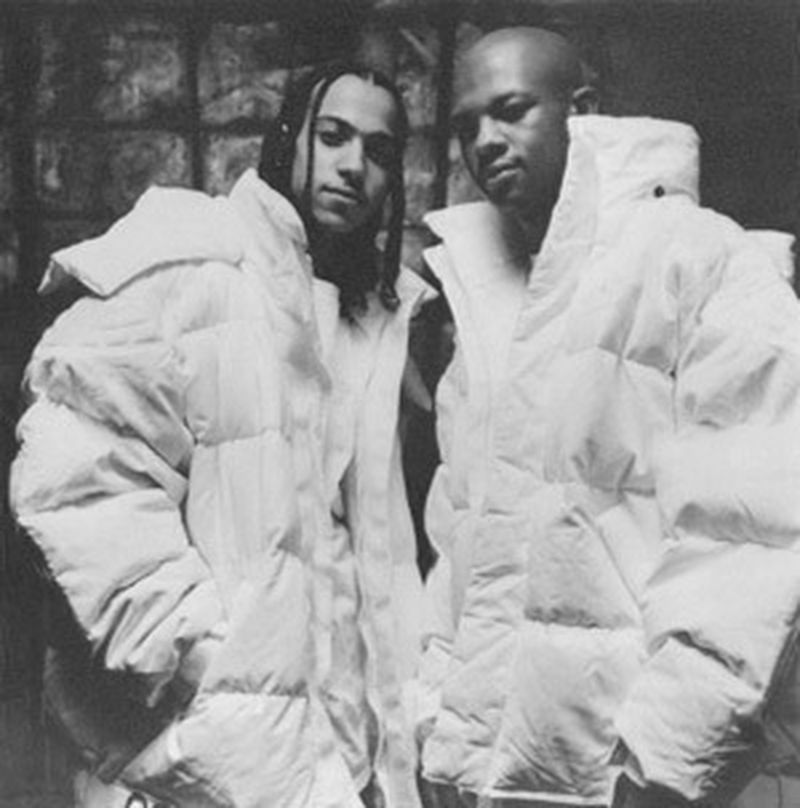
The backwards-clothes duo whose gimmick overshadowed their music industry longevity.
Columbia Records and producer Jermaine Dupri crafted Kris Kross as hip-hop’s answer to teen pop, complete with the backwards clothing gimmick that became their signature. “Jump” dominated charts and MTV rotation, suggesting the formula could sustain a lasting career. The label pushed them as the face of young hip-hop culture.
Their success proved entirely dependent on novelty rather than musical substance. When the backwards pants trend faded, so did their relevance, leaving behind a cautionary tale about building careers on gimmicks rather than genuine artistic development.
1. O-Town

The manufactured boy band whose reality show origins couldn’t hide the assembly-line approach.
Created specifically for MTV’s “Making the Band,” O-Town represented the industry’s most transparent attempt at manufactured stardom. Clive Davis and J Records invested heavily in promoting them as a legitimate boy band despite their obvious reality TV origins. Their debut album achieved respectable sales numbers initially.
The group’s success felt hollow compared to organic bands, and audiences eventually rejected the overly produced approach. Their story became a perfect example of how transparency in the manufacturing process can actually hurt an artist’s credibility rather than help it.




